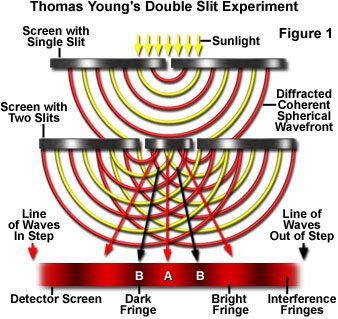For the sake of clarity, I'm using ' materialist ' and ' physicalist ' and ' naturalism ' interchangably.
Though I have seen this in skeptical/atheistic circles; Your guys' preferred method of debate is to call everything a strawman. I'd recommend reading the definition of a strawman argument, or take some introductory to logic classes, and then come back. Screaming strawman does nothing to progress any discussion.
What also does not help the discussion is condescending advice.
Especially if your wrong, 'the materialist' you refer to does not hold the position i hold, in fact i do not think you will find her or him at this forum.
You paint the picture of some cretin who got stuck in newtonian physics, of course that is wrong, and of course that is a position that is easier to strike down, therefore a straw man.
If you use materialist ' and ' physicalist ' and ' naturalism ' interchangeably, that is your prerogative, a lot of people do, but then we have to take care we agree upon what it all means in the end.
the position i hold could best be described as scientific naturalism i think.
it is considered a metaphysical position, but as a position that makes the least assumptions possible, it could also be considered as the least metaphysical of the metaphysical positions, if that makes any sense.
we got stuck with the name materialist, and that is fine, as long that is not used to force viewpoints upon us that we do not hold.
I think it is time you recapitulate what you are actually saying, you are starting to confuse me, and maybe even yourself.
on the one hand you complain about this:
I have no point in materialists changing their beliefs to incorporate scientific advance. But if the definition of ' material ' is constantly changing; what's the point of calling yourself a materialist? It's a 'right-now' statement. But we assuredly don't know all that there is to know, and the history of science shows that we find new ontological substances all the time. So it's not intellectual honest to say materialism has been right for hundreds of years, as what materialism has stated as an ontological reality has changed. If it had been right for ' hundreds of years ', then it would still be true that all that exists is matter and energy; And this is not the case.
In which you seem to object to 'materialists' updating their viewpoint as science progresses.
Ont the other hand you say
And materialists don't want to change their minds either.
In which you seem to complain that 'materialists' don't want to update their viewpoint, which is it?
Since you equate naturalism with materialism, i suspect that if you are talking about 'materialism', you actually are saying 'everything that is not supernaturalism'.


